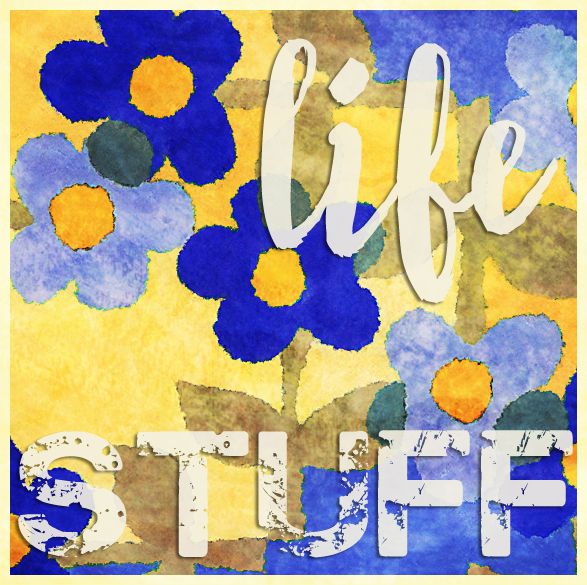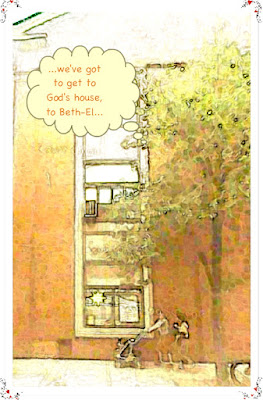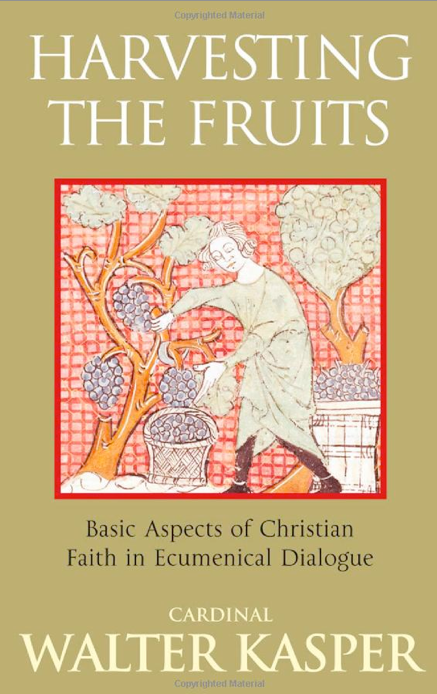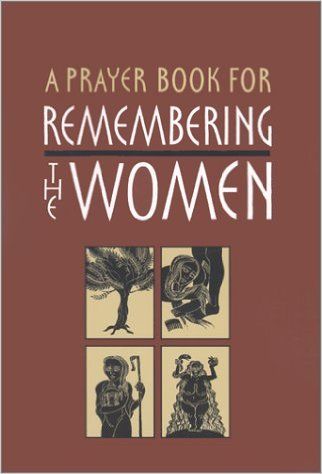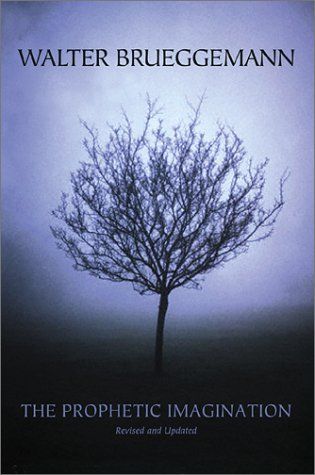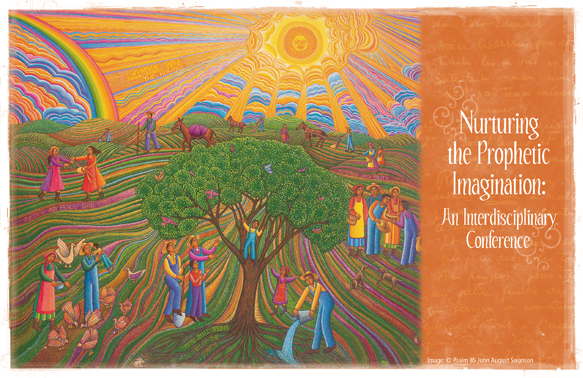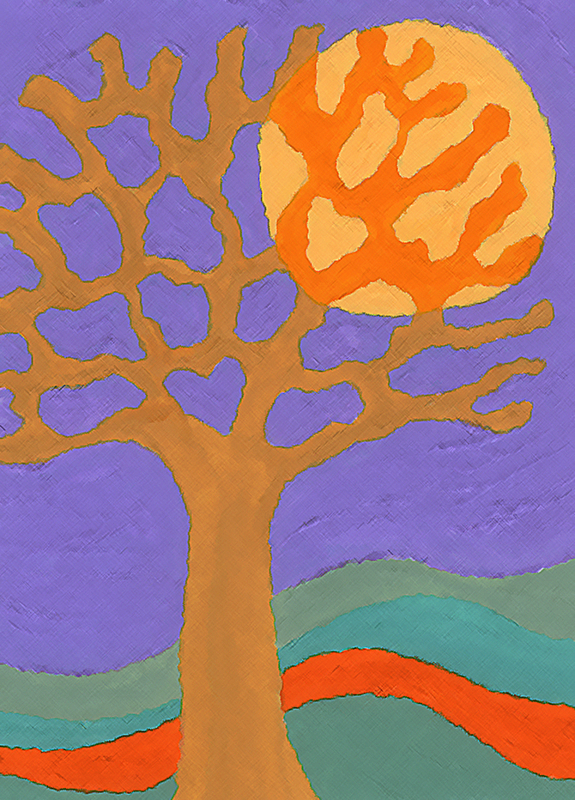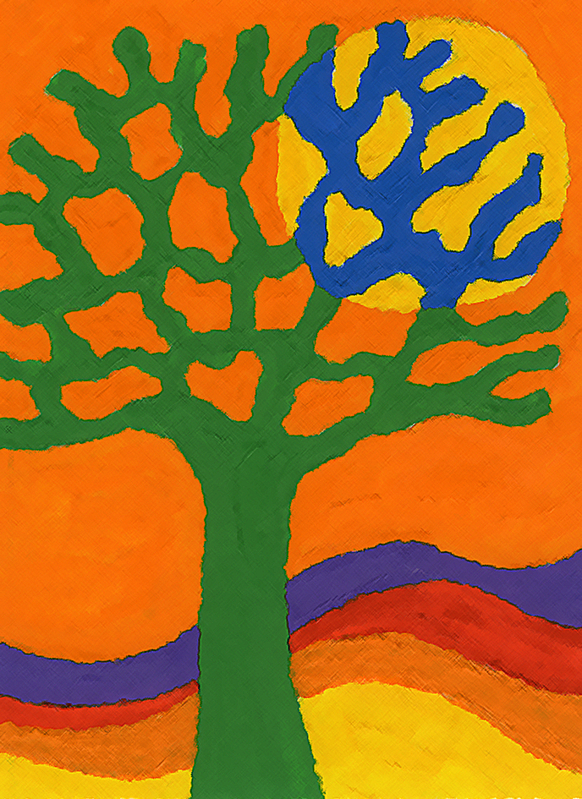"Water is life," they insist. Digital, print and electronic news media have been filled with more and more devastating reports about the "Deepwater Horizon incident" oil spill that occurred in the Gulf of Mexico on 20 April.
BP, the petroleum mega-giant whose equipment failure (malfunction?) caused the disaster has been filling their website with more and more unconvincing explanations and defenses.

In my recent blog,
Where Can Red-Winged Blackbirds Live?, I observed
Despite current interest in ecological theology emphasizing the redemption and integrity of all creation – not solely human creatures – a lot of teaching and preaching in the Church still focuses on humanity, which in some ways may not be all that "off," given that so much of the rest of creation is in need of restoration, revitalization and resurrection from death primarily because of human sin and failure to steward creation (which naturally results in failure to take proper care of human needs).
Water, the primordial substance of the world, existed before anything else in creation; in Genesis 1 we read:
1In the beginning when God created the heavens and the earth, 2the earth was a formless void and darkness covered the face of the deep, while a wind from God swept over the face of the waters.
From the New Century Hymnal, a version of the
Thanksgiving and Blessing over the Baptismal Water:
We thank you, God, for the gift of creation called forth by your saving Word.
Before the world had shape and form, your Spirit moved over the waters.
Out of the waters of the deep, you formed the firmament and brought forth earth to sustain life.
In the time of Noah,
you washed the earth with the waters of the flood,
and your ark of salvation bore a new beginning.
In the time of Moses, Aaron, and Miriam,
your people Israel passed through the Red Sea waters
from slavery to freedom and crossed the flowing Jordan
to enter the promised land.
In the fullness of time, you sent Jesus Christ,
who was nurtured in the water of Mary's womb.
Jesus was baptized by John in the water of the Jordan,
became living water to a woman at the Samaritan well,
washed the feet of the disciples,
and sent them forth to baptize all nations by water and the Holy Spirit.
Bless by your Holy Spirit, gracious God, this water.
By your Holy Spirit save those who confess the name of Jesus Christ
that sin may have no power over them.
Create new life in those baptized this day
that they may rise in Christ.
Glory to you, eternal God,
the one who was, and is, and shall always be,
world without end. Amen!
Scripture and Church have made water and the creative word central signs of new birth in baptism and signs of the reign of heaven on earth. Studying the witness and examples in scripture, during the imperial reign of King Solomon, depletion of creation and misuse of natural resources had become the habit and the rule because of human imaginings they were the center of everything and so concomitant desires of the rich and famous for a high-end, unsustainable deluxe lifestyle could be met; that era brought the earliest biblical creation account from the writer we now refer to as the Yahwist:
Genesis 2:4-25. In some ways the easy conversational intimacy between human and Creator does reflect the reality of Divine care and concern for all, but the text also exposes human arrogance and a not unusual human trait of attempting to contain, control and domesticate the elusive wildness of the God of the Bible. Remember how Israel's plea for a temple and a king partly was an attempt to become "like other nations" rather than a faithful desire to live in risk and dependence on one another as Yahweh's peculiar people? Toward the end of Solomon's rule, Jeremiah the prophet implores, "O land, land, land, hear the word of the Lord!" (Jeremiah 22:29)
After the fall of Solomon's empire, in the creation account placed first in the biblical canon, the exilic (or possibly post-exilic, since dating is a bit confounded) Priestly Pentateuch source,
Genesis 1:1 - 2:3 recognized creation as orderly, the Creator God as one who acts not randomly but systematically and does not place humanity at the center or the apex of the rest of creation, but rather gives human creatures a place within the order and a call to steward, maintain, treasure and support the rest of creation. Yes, one well may argue that part of the purpose of the Priestly scribe was to grant legitimacy to an organized ecclesiastical hierarchy and given that written and orally transmitted texts are cultural artifacts likely that
was a factor, but not incidentally the text carries along with it an integrated, sustainable worldview and practice rather than one subject to disintegration. Through its witness, scripture brings humanity a call to help initiate justice and redemption for all creation and an ultimate vision of the eschatological feast in which the entire earth is healthy and restored, living in mutual dependence and covenant. Without water, that dream cannot be realized.
"You choose to be made at one with the earth," sings the activist hymn written by Fred Kaan. The God outside space and outside time, God who created everything from nothing, chose decayable human flesh formed from nature's stuff, the elements of the earth, as the mode of his most decisive self-revelation. God chose to live within the bounded limits of space and time, and still chooses to do so, indwelling all creation – including streams, rivers and oceans (of course!) – with the breath of life and evidence of enduring love. On my Red-Winged Blackbirds blog I asked, "Where can God find a home?"
Back in the olden days, BP was British Petroleum, a name that evokes memories of a worldwide empire of colonies, protectorates, and other entities on which the sun never set, all administered by or somehow connected to the United Kingdom. From scriptures and other sources we recognize word and speech as both source and immanence, with lively power to initiate, suggest, birth, relate and transform. In many cultures, a person's name formally expresses the essence of the person, and it is not a stretch to suggest language carries similar power for us 21
st century dwellers.

Those "theys" who remind us
water is life also insist oil and water do not mix, cannot form a chemical alliance. The olive tree, giver of one of my favorite fruits, has long culinary, religious, political and liturgical histories and typically lives for a very long time. The forehead of a person being baptized is signed with a cross traced with chrism made from olive oil; just like prophets, priests and kings of Israel, they are "Christed" or chrismated, anointed. The olive tree frequently is considered the Tree of Life referred to in
Revelation 22:"
1 Then the angel showed me the river of the water of life, bright as crystal, flowing from the throne of God and of the Lamb
2through the middle of the street of the city. On either side of the river is the tree of life with its twelve kinds of fruit, producing its fruit each month; and the leaves of the tree are for the healing of the nations."
The tree depends on the river and the nations, the "people," the
ethnos – the plain ole folk – depend on the tree that depends on the river...that depends on human care, covenant and faithfulness.
Deuteronomy 86Therefore keep the commandments of the Lord your God, by walking in his ways and by fearing him. 7For the Lord your God is bringing you into a good land, a land with flowing streams, with springs and underground waters welling up in valleys and hills, 8a land of wheat and barley, of vines and fig trees and pomegranates, a land of olive trees and honey, 9a land where you may eat bread without scarcity, where you will lack nothing, a land whose stones are iron and from whose hills you may mine copper. 10You shall eat your fill and bless the Lord your God for the good land that he has given you. 11Take care that you do not forget the Lord your God, by failing to keep his commandments, his ordinances, and his statutes, which I am commanding you today.
After the deluge, Noah released a dove, "And the dove came in to him in the evening; and, lo, in her mouth was an olive leaf plucked off: so Noah knew that the waters were abated from off the earth." Genesis 8:11
But also, with its purported 613 kernels, symbolizing the 613 commandments found in the Hebrew Bible, pomegranate is considered the tree of life: to be saved, whole, redeemed, shalom-full "keep the Commandments," keep covenant with all creation, that we all may live. Did I not blog, "so much of the rest of creation is in need of restoration, revitalization and resurrection from death primarily because of human sin and failure to steward creation (which naturally results in failure to take proper care of human needs)." Okay, BP, listen up!
As Lin C commented on facebook, "The ocean is the Earth's circulatory system. Kill that and we kill the earth." The whole concept of human supremacy and invincibility has been killing the earth for too long. I'm not a scientist, but from what I understand, light is life and this planet *should* survive as long as earth's Sun Star shines and is not extinguished (by human stupidity and greed). On her blog,
Yearning for God, Jan linked to some beautiful, hope-filled water blessings. Where can the earth find a home and not be a stranger to itself?
my second blog about the gulf coast oil spill—
last days: deepwater horizon take 2
